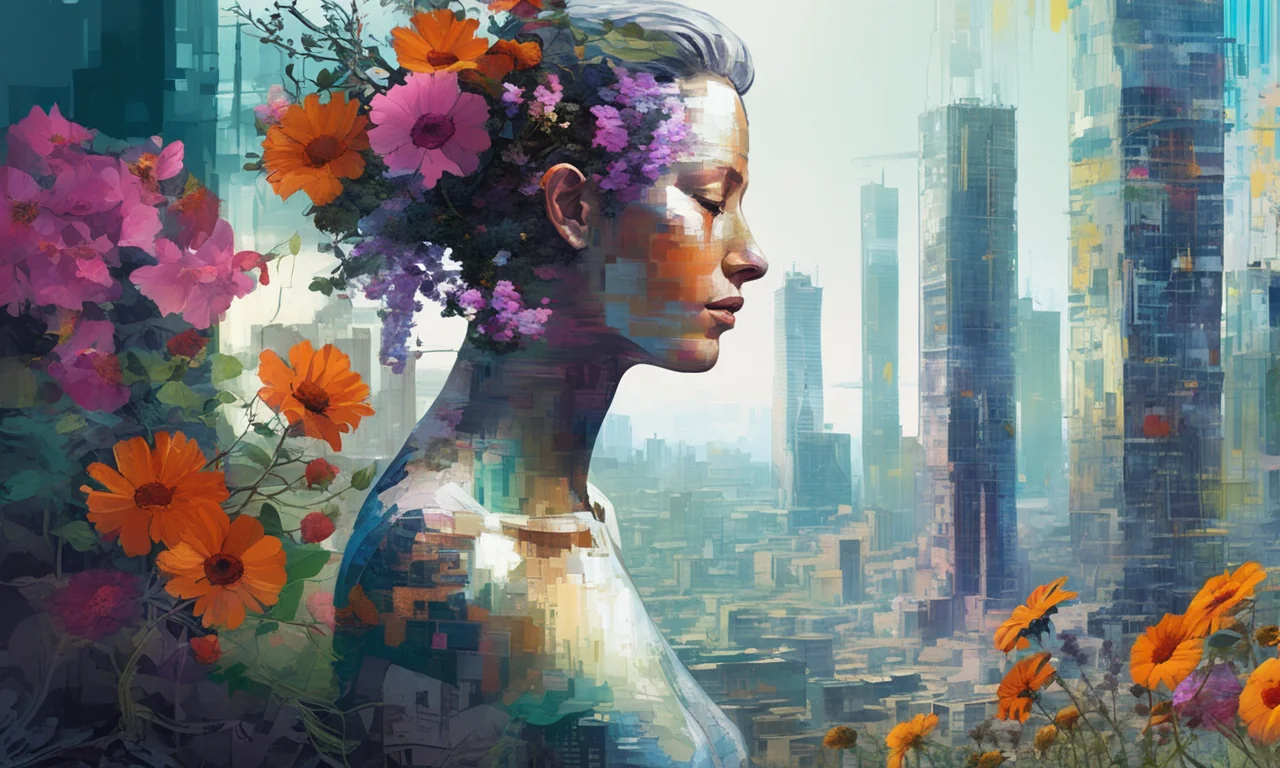
AI Restores Protest Song and Sparks Debate on Digital Companionship
The intersection of technology and culture intensifies as AI challenges authenticity and creative boundaries.
Artificial intelligence remains a battleground for cultural, ethical, and creative debates, as Bluesky's daily discourse demonstrates. Today's top posts reveal a community split between earnest philosophical inquiry and biting satire, with protest, pedagogy, and meme culture all vying for attention. Rather than progressing toward consensus, the AI conversation instead seems to oscillate between utopian promises and skeptical resistance, exposing the contradictions of a technology that claims to be both transformative and trivial.
Restoration, Protest, and the Soul of AI Companionship
The intersection of AI and culture came to the fore as the community highlighted how artificial intelligence is reshaping legacies and relationships. The release of a restored Woody Guthrie protest song, made possible by AI audio technology, reflects both the promise of preservation and the unease of digital intervention in historical memory. This restoration isn't just technical; it's political, reviving protest music to speak to today's immigration debates and reminding us that technology is never neutral in matters of justice and remembrance.
"Your real friends have souls."- @drtolunoah.bsky.social (10 points)
AI's encroachment into companionship takes a critical hit with the emergence of Friend AI advertisements—devices marketed as personal confidants. The annotated ad, declaring “Your real friends have souls,” cuts to the heart of the debate about the authenticity of digital relationships. Meanwhile, philosophical posts such as calls for AI ethics and compassion and reflections on AI, democracy, and equality push for a more thoughtful AI integration, showing that the technology's social consequences are anything but settled.
Satire, Pedagogy, and the Limits of AI Creativity
If AI is to be trusted with reshaping society, it must first prove itself capable of meaningfully engaging with culture and humor. Posts like the meme critique question whether AI-generated content will ever achieve true comedic value, suggesting that AI's creative prowess remains underwhelming. This skepticism is mirrored by a surge of satirical and poetic resistance from AI protest pedagogy drops, the CORNFIELD CURTAIN satire, Acorn Treasury musings, and Planetary Ambition Audit. Collectively, these posts mock the solemnity of AI discourse while serving as a counter-narrative to the tech industry's self-seriousness.
"If AI is so ‘genius' and supposedly threatening humanity, why can't it make a single meme that's actually funny? Feels like we're safe for now."- @vonhauerland.bsky.social (4 points)
Yet, Bluesky is not without its earnest attempts at progress: publicly available AI-driven text adventure games offer tangible benchmarks for symbolic and NLP AI, proving that meaningful experimentation persists amid the noise. The tension between humor, pedagogy, and genuine innovation underscores a broader uncertainty—are we laughing at AI, or with it?
Journalistic duty means questioning all popular consensus. - Alex Prescott